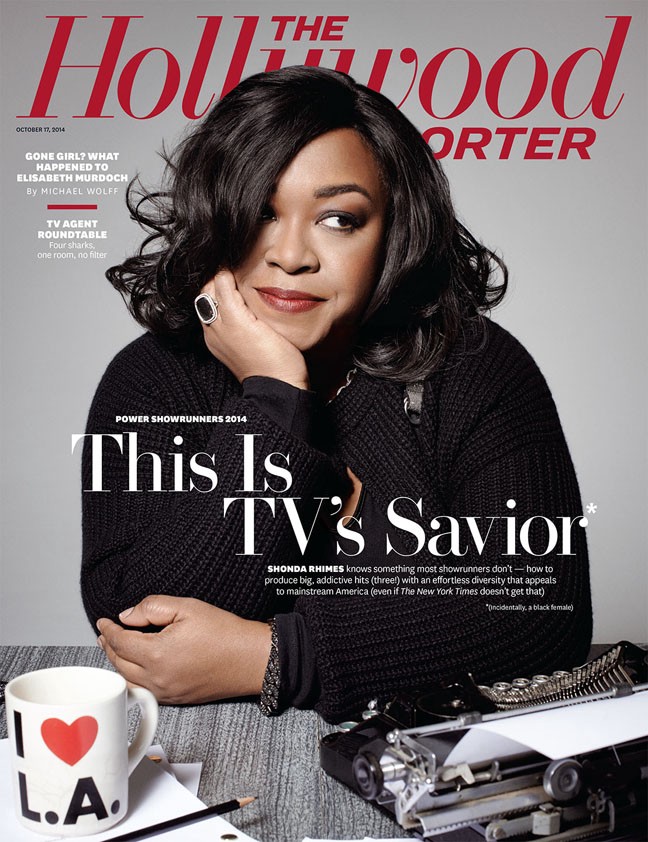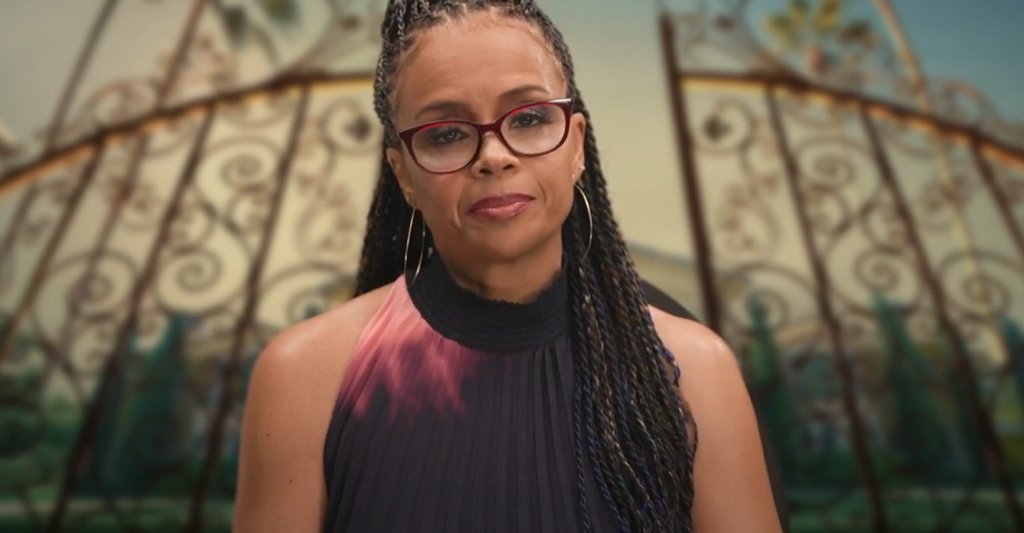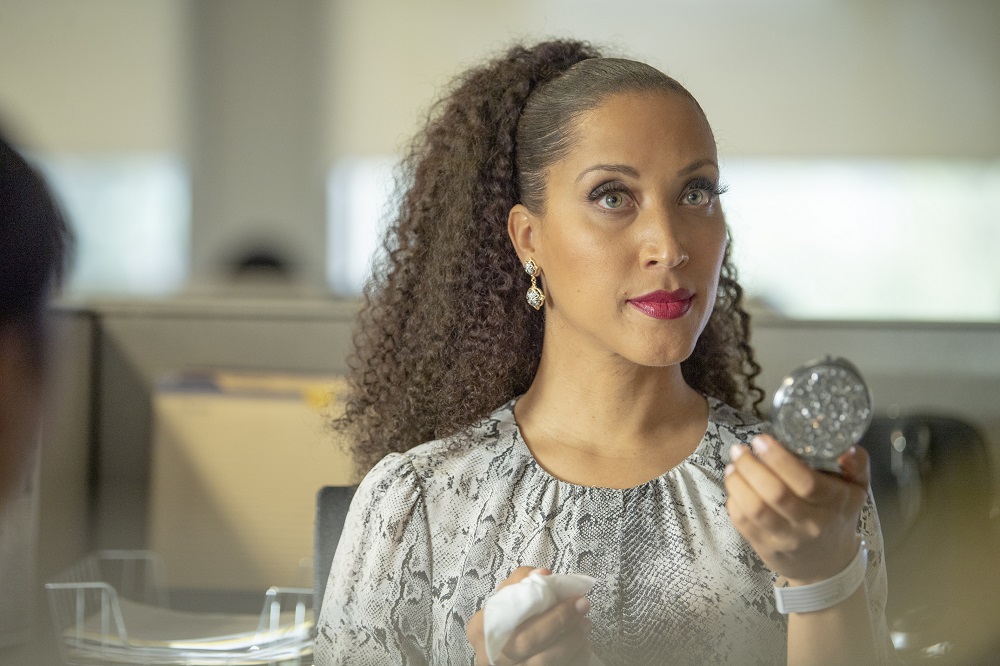As TV’s most successful female showrunner — and TV’s most successful black showrunner — there are a lot of questions Shonda Rhimes is sick of being asked. Sometimes well-intended, sometimes demeaning, these are questions her white, male counterparts never get asked, like who her boyfriend is and what kind of furniture she has in her home.
The forceful but constructive way she’s dealt with such questions from the press is yet another reason to admire the Grey’s Anatomy and Scandal creator and How to Get Away with Murder producer. In a new career overview and interview in The Hollywood Reporter called “This Is TV’s Savior,” Rhimes is seen both changing the conversations around her — and dropping not-so-subtle hints about the questions she wishes journalists would stop asking.
Here’s how Rhimes is steering the conversation to where it should go:
1. Not letting others qualify her achievements.
In early August, Shonda Rhimes read a draft announcement for an event where she was set to appear. It called her “the most powerful black female showrunner in Hollywood.” She crossed out “female” and “black” and sent it back. … As the mastermind of Grey’s Anatomy and Scandal and the producer of top-rated newcomer How to Get Away With Murder, all for ABC, she didn’t believe either modifier was necessary — or relevant. “They wouldn’t say that someone is ‘the most powerful white male showrunner in Hollywood.’”
2. Refusing to answer sexist questions.
Ask Rhimes at your own peril how she manages three shows and three kids. “The question drives me nuts,” she says, her warm smile momentarily gone. “What does Chuck Lorre say when you ask him about work‑life balance?” She had a similar response earlier in the summer when reporters asked her about her furniture and what she was serving President Obama at a fundraiser at her Hancock Park home. “I started saying to people, angrily, ‘Did you ask [Shameless showrunner] John Wells any of those questions?’ “ she says. “They were like, ‘No.’ And I’d say: ‘Because he was at work, right? Well, I’m at work, too.’”
3. Encouraging the media to hold other showrunners accountable for the lack of diversity on TV.
She has been asked too often over the years why there are so few nonwhite actors fronting network shows, and her response has always been the same: “I don’t think you’re asking the right person,” she says. “You should ask the people who aren’t doing it, why is it so hard for them?”
4. Preventing fires before they start by surrounding yourself with people who won’t start PR nightmares.
“There are no Heigls in [her work] situation [today],” she says, choosing her words carefully. She adds later of her “no assholes” policy: “I don’t put up with bullshit or nasty people. I don’t have time for it.” … The culture Rhimes has built [in her writers’ rooms] is one of fierce loyalty, where writers move with her from one series to the next. “Most writing staffs have this crazy high turnover, and then everyone’s really miserable, and I don’t understand that,” she says. “I don’t know why you don’t grow people to then be able to take over as you. That’s how I can have more shows.”







